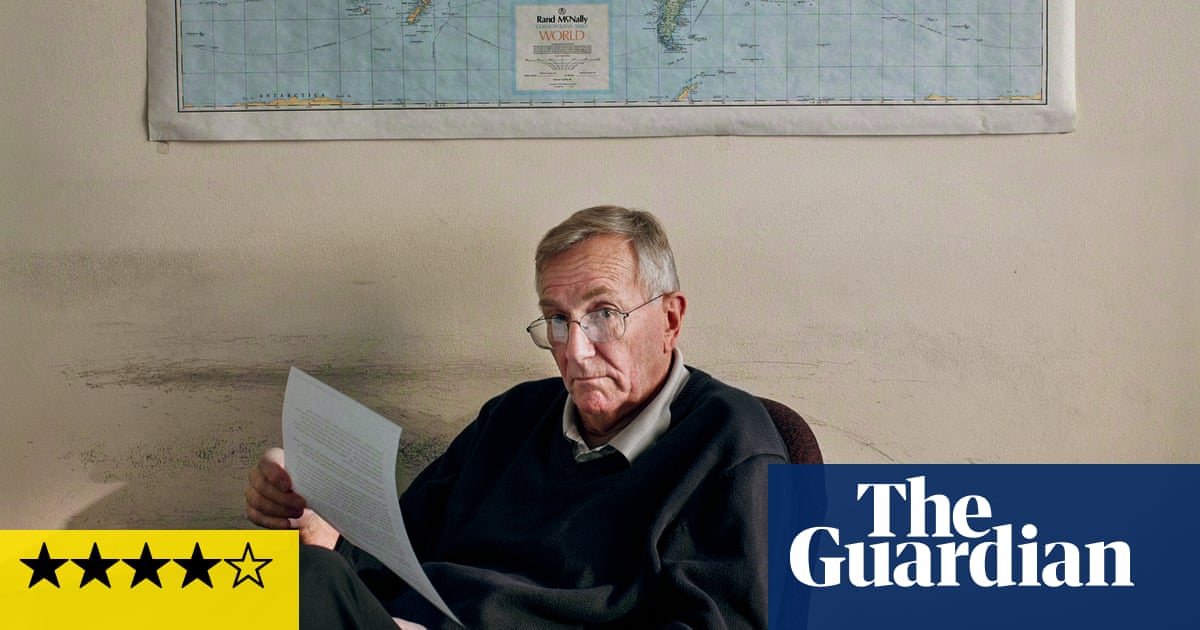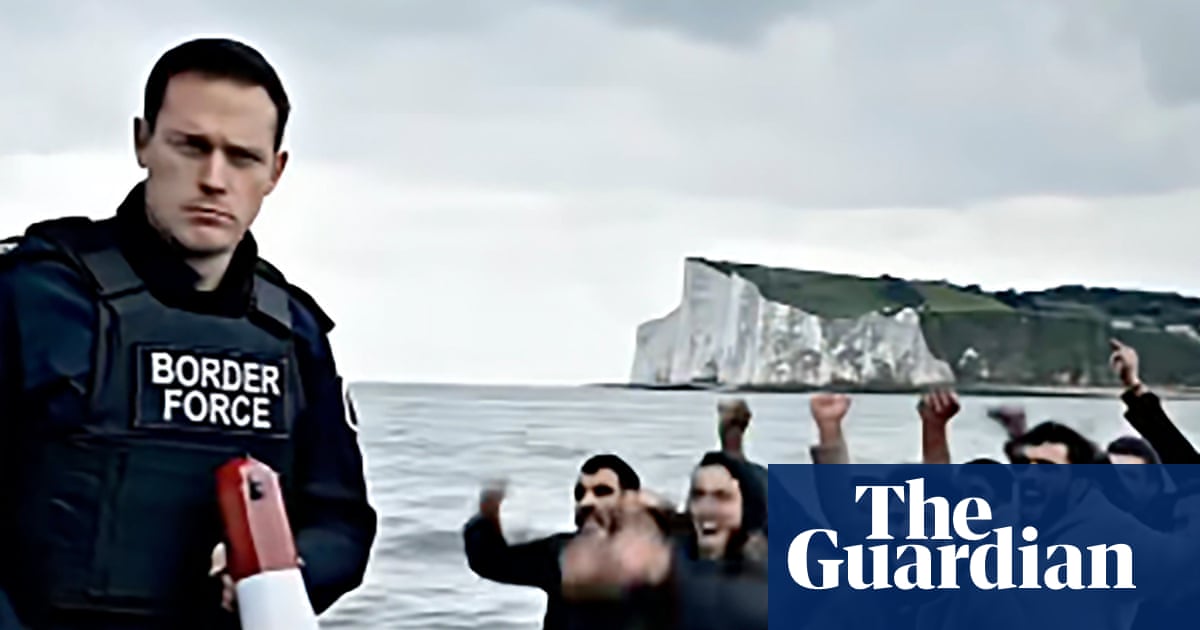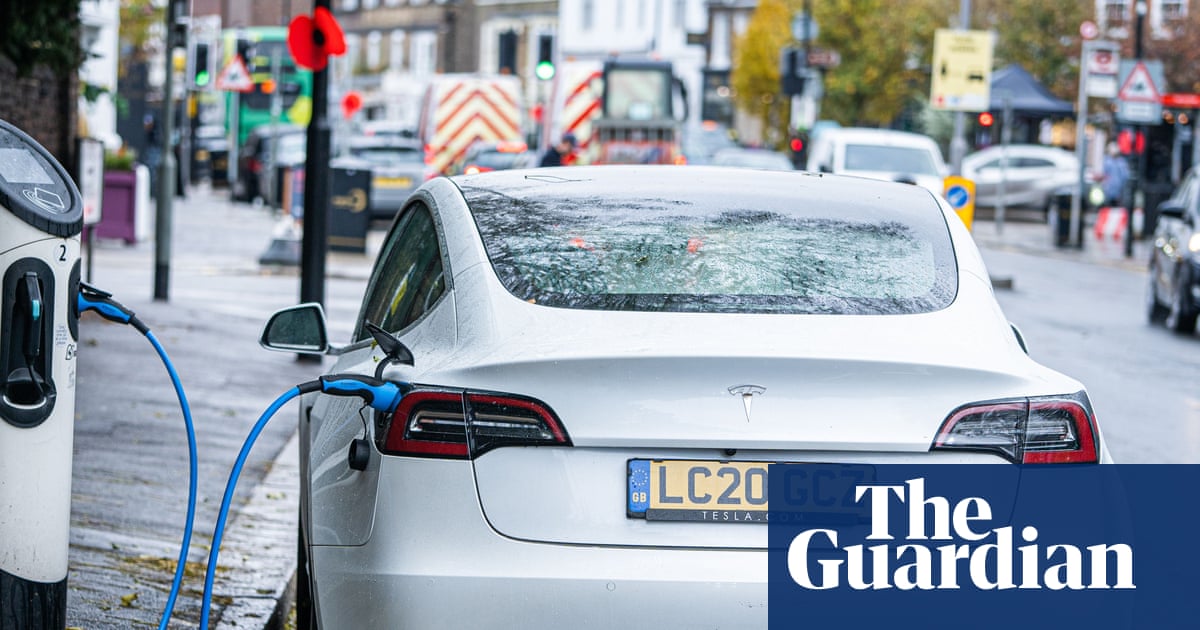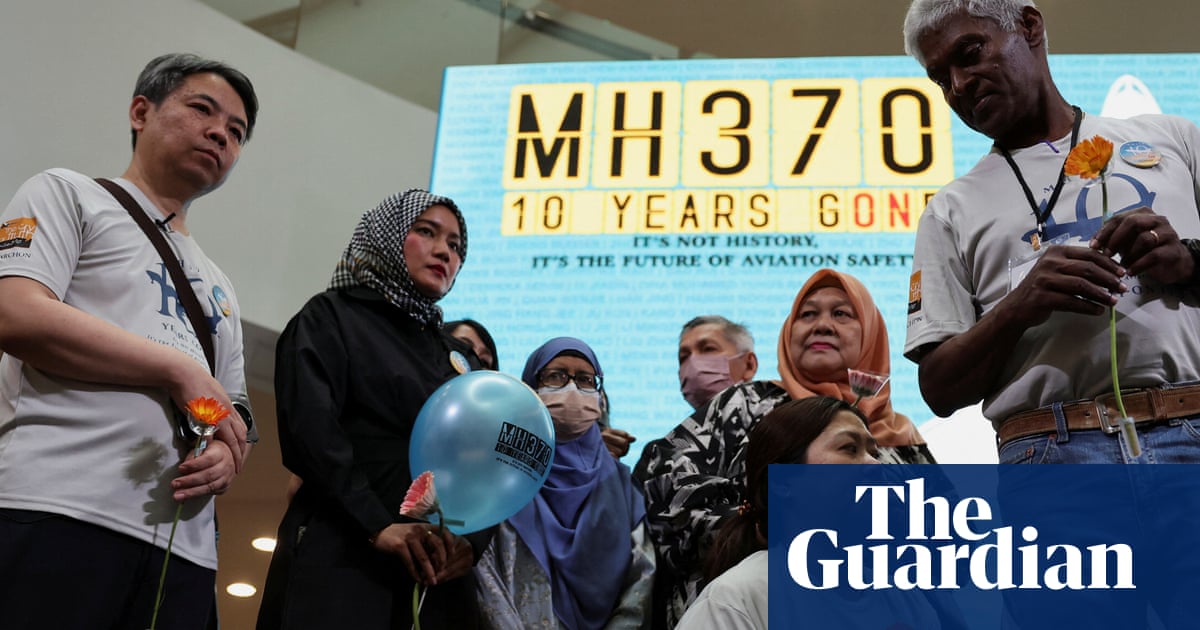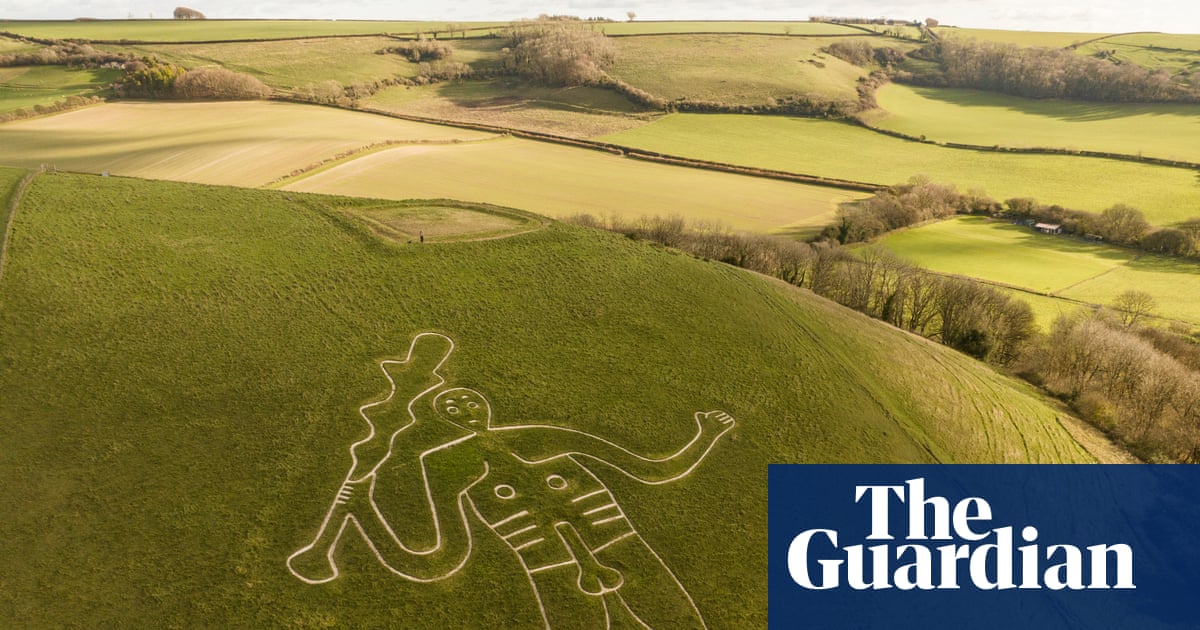Europe’s most senior human rights official has called on Shabana Mahmood to review UK protest laws after mass arrests over the ban on Palestine Action.
Michael O’Flaherty, the Council of Europe commissioner for human rights, said that the current legal framework allows UK authorities to “impose excessive limits on freedom of assembly and expression, and risk overpolicing” in a letter sent to the home secretary.
He has also called on the government to reconsider provisions in the crime and policing bill, currently before the House of Lords, that would make it a criminal offence for a person to conceal their identity at a protest.
Hundreds of people have been arrested since the Palestine Action ban under the Terrorism Act came into effect on 5 July, mainly for holding signs reading: “I oppose genocide, I support Palestine Action.”
In a letter to the home secretary last month, O’Flaherty, who began his six-year term in 2024, wrote: “I observe that large numbers of arrests have reportedly been made for displaying placards or banners expressing solidarity with the organisation or disagreement with the government’s decision to proscribe it.
“I am aware that ‘support’ for a proscribed group is an offence under the Terrorism Act 2000. In this regard I recall that domestic legislation designed to counter ‘terrorism’ or ‘violent extremism’ must not impose any limitations on fundamental rights and freedoms, including the right to freedom of peaceful assembly, that are not strictly necessary for the protection of national security and the rights and freedoms of others.”
He continued: “Changes following the adoption of the Police Crime, Sentencing and Courts Act 2022 and the Public Order Act 2023 continue to allow authorities to impose excessive limits on freedom of assembly and expression, and risk overpolicing.
“Following recent court findings that regulations defining serious disruption as ‘more than minor’ disruption are unlawful, I encourage your government to ensure that any arrests or convictions based on these regulations are subject to review.
“Furthermore, I would recommend that a comprehensive review of the compliance of the current legislation on the policing of protests with the United Kingdom’s human rights obligations be undertaken,” he wrote.
The crime and policing bill establishes an offence if a person conceals their identity in an area where the police believe that a protest is taking place, or is likely to take place, and that involves, or might involve, breaking the law.
Under existing public order law, police already have the power to direct people to remove face coverings.
“The blanket nature of the offence, especially when the police already have powers to require individuals to remove face coverings in specific cases, as well as the potentially broad nature of “concealing” identity in other ways, raises questions of necessity and proportionality,” O’Flaherty wrote.
O’Flaherty’s comments came as an internatinal human rights group criticised western goverenments including the UK, France and Germany for “criminalising the right to protest”.
A study by the International Federation for Human Rights (FIDH) said western governments had “weaponised” counter-terrorism legislation as well as the fight against antisemitism to suppress dissent and support for Palestinian rights in Gaza and the occupied West Bank.
Civil liberty groups have expressed concern over Mahmood’s most recent plans, announced in October, to hand police in England and Wales greater powers to restrict protests.
Under new powers, police would be able to impose tougher conditions on static protests or marches by taking account of the “cumulative impact” of previous similar demonstrations, she said.
The Home Office was approached for comment.

.png) 1 month ago
45
1 month ago
45




